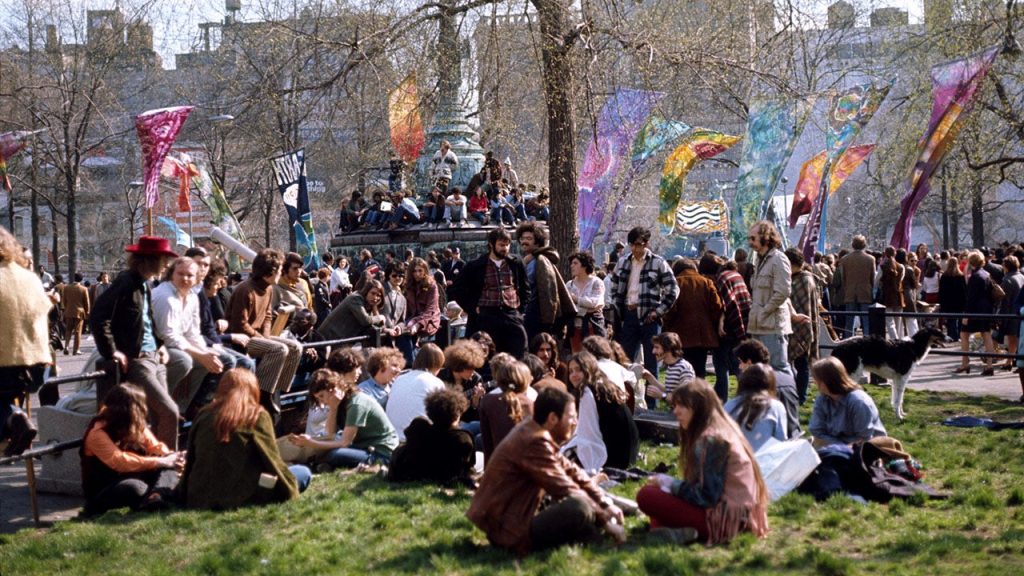On April 22, 1970, the first Earth Day was celebrated, leading to a wave of new environmental legislation. The idea for Earth Day originated with Sen. Gaylord Nelson, who was concerned about the deteriorating environment in the United States. Inspired by the student anti-war movement, Nelson wanted to bring attention to air and water pollution. By the early 1960s, Americans were becoming more aware of pollution’s effects on the environment, thanks to books like Rachel Carson’s “Silent Spring” and incidents like the 1969 fire on Cleveland’s Cuyahoga River.
Nelson’s original idea for Earth Day was a college campus teach-in, but it soon evolved into a national event. The date of April 22 was chosen to appeal to a wide audience. With the support of Rep. Pete McCloskey, a Republican Congressman, and environmental activist Denis Hayes, the first Earth Day demonstrations took place with an estimated 20 million participants. The event brought together people from all walks of life and political affiliations, leading to a rare political alignment in support of environmental issues.
Following the success of the first Earth Day, Congress began passing laws aimed at improving the environment and reducing pollution. President Richard M. Nixon created a council to organize federal government programs focused on pollution reduction, leading to the establishment of the Environmental Protection Agency (EPA) in 1970. The EPA quickly became responsible for overseeing environmental responsibilities within the federal government.
In 1990, Earth Day’s 20th anniversary marked a turning point as the celebration went global. Hayes, the original Earth Day coordinator, helped mobilize 200 million people in 141 countries and elevate environmental issues on the world stage. This global effort led to a boost in recycling initiatives worldwide and paved the way for the 1992 United Nations Earth Summit in Rio de Janeiro. Earth Day continues to be a significant event each year, raising awareness about environmental issues and encouraging individuals and governments to take action.
The success of Earth Day has had a lasting impact on environmental legislation and activism. The event has inspired millions of people to get involved in protecting the planet and advocating for sustainable practices. Through Earth Day celebrations, individuals and organizations have promoted recycling, conservation, and other eco-friendly initiatives. The legacy of Earth Day is a reminder of the importance of preserving the environment for future generations.
As we reflect on the history of Earth Day, it serves as a reminder of the power of collective action and the impact of individuals coming together to address pressing environmental challenges. From its humble beginnings on college campuses to its global reach today, Earth Day continues to inspire people to make a difference and protect the planet we call home. Through education, advocacy, and sustainable practices, we can all play a part in ensuring a more sustainable future for our planet.


